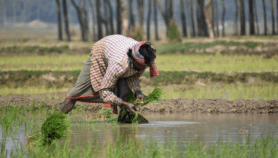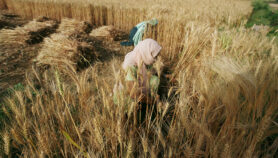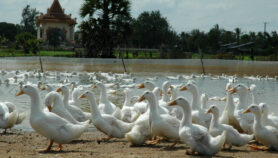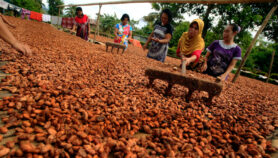17/11/22
Salt-tolerant bacteria ‘can fight fungal attacks on chilli’
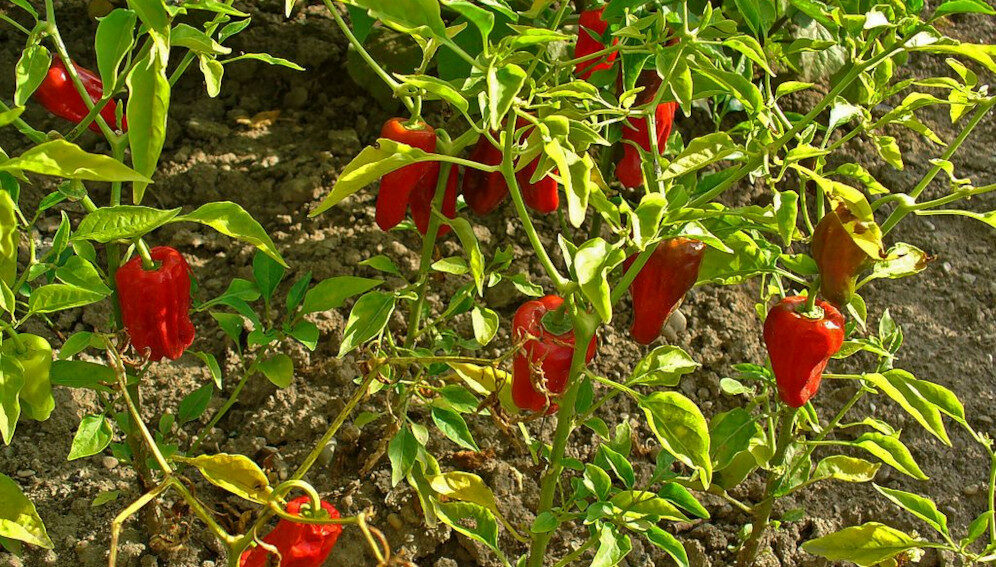
Send to a friend
The details you provide on this page will not be used to send unsolicited email, and will not be sold to a 3rd party. See privacy policy.
[NEW DELHI] Salt-tolerant bacteria found in salt pans can be used to contain fungal attacks on chilli (Capsicum annuum), a major export crop of India, according to a study published this month in Current Science.
India, the largest grower, consumer and exporter of chillies in the world, is estimated to have produced in the 2021—2022 fiscal year 1.87 million tonnes, widely used to spice food. Thailand and China are also major producers.
“The study offers potential for bacterial bio-control agents that can compete with pathogens as well as promote crop growth, especially in extreme saline soil conditions”
Anoop Kuttiyil, Zamorin’s Guruvayurappan College
According to the study, conducted by researchers at Goa University, salt-tolerant bacteria can be deployed to counter fungal pathogens that flourish as a result of increasing soil salinisation. This can lead to better nutrient management and improved yields, the researchers say.
“Among abiotic (non-biological) factors, soil salinisation is the most detrimental and considered a significant limiting factor of agricultural productivity and food security,” says Savita S. Kerkar, an author of the study and senior professor of bio-technology at Goa University.
“Halophilic (salt-loving) and halotolerant (salt-tolerant) microorganisms from solar salt pans are known to produce several secondary metabolites (substance needed for metabolism and plant growth) which can be exploited for various applications,” Kerkar tells SciDev.Net. “That is why researchers decided to evaluate the potentiality of halotolerant salt-pan bacteria in this study.”
Manasi Pawaskar, co-author of the study, says that while several kinds of bacteria have been reported as potential bio-control agents, there were no previous studies on the application of salt-pan bacteria against fungal pathogens in chilli plants.
“In this study, about 196 bacteria isolated from salt pans in Goa, were screened for their antifungal activity. Halotolerant isolates of six types of bacteria could grow under a wide range of pH (acidity or alkalinity level), temperature and NaCl (salt) concentrations, thus demonstrating their ability to survive and proliferate in the varying dynamics of the soil,” Pawskar said.
First introduced to Asia by 16th century Portuguese and Spanish explorers, chilli cultivation has spread to all continents, especially the C. frutescens, or chilli pepper, and C. annuum, which includes the bell pepper, cayenne, friggitello, jalapeños, paprika, and serrano varieties.
Research published in October says that apart from its use as a spice, chilli is also an ingredient in many traditional medicine systems. “The fruits of C. annuum have been used as a tonic, antiseptic, and stimulating agent, to treat dyspepsia, appetites, and flatulence, and to improve digestion and circulation,” says the study in Phytotherapy Research.
Anoop Kuttiyil, researcher in plant pathology and assistant professor at Zamorin’s Guruvayurappan College, in Kozhikode, southern India, tells SciDev.Net that chilli pepper is rich in bioactive compounds and has natural ingredients of value to the agro-food, cosmetic and pharma industries. “But, chilli is susceptible to several fungal pathogens that affect crop yield. These include Cercospora capsici and Alternaria solani that damage the leaves and Colletotrichum sp. that causes fruit rot in chilli.”
Kuttiyil, who was not involved in the study, said: “Management of these fungal diseases is often difficult due to conducive environment and lack of prophylactic measures and the study offers potential for bacterial bio-control agents that can compete with pathogens as well as promote crop growth, especially in extreme saline soil conditions.”
This piece was produced by SciDev.Net’s Asia & Pacific desk.








